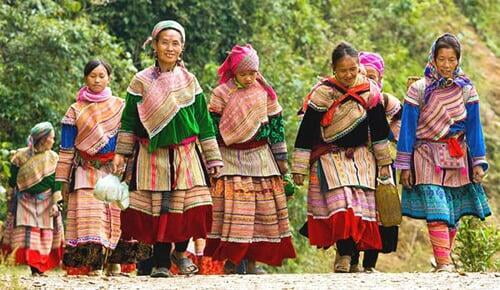Vietnamese people are their country’s greatest asset.
Having lived in South Vietnam for 10 years, I know that most have warm hearts. You only have to get down the streets to know this – just walk and count how many open, honest smiles you share with strangers before you reach your destination.
Vietnamese people are generous. My local family hosts us too often, and they love doing it. When we eat, I am often served first. They will offer me the best piece – the nicest cut of meat, the freshest vegetables, the thickest rolled spring roll.
With generosity comes hope, and for most Vietnamese life is better now and it will get even better soon. There is hope in the eyes of every Saigonese parent and child we meet. This buoyant optimism is contagious, and those who don’t feel it won’t survive long in this country.
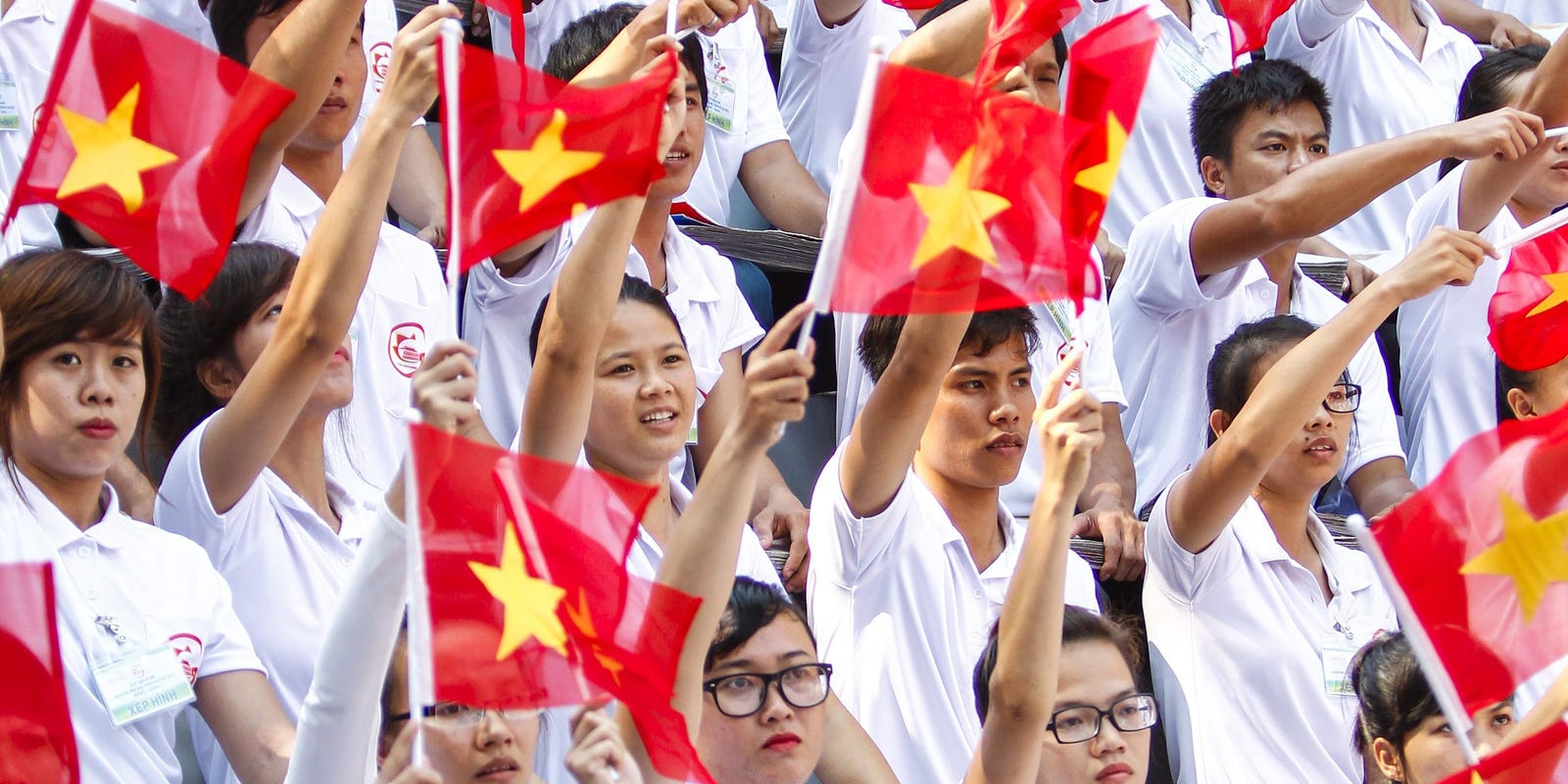
“Always look on the bright side of life. Otherwise it’ll be too dark to read.”
For so many, life is hard in Vietnam, and without optimism life can be impossible. Hard work is a part of everyday life here – in the lives of the young and the old, the farmers and street vendors, those who work 14/7 shifts to feed their families. Or in the lives of the many who travel south a thousand kilometres to find work so they can send money back home.
Education is central for the Vietnamese. People of all ages often choose to pursue their education further. My sister-in-law began her PhD at 40 and her husband, soon to be 44, just graduated with a master’s degree. Both have full-time jobs and there are no complaints about their lack of time off.
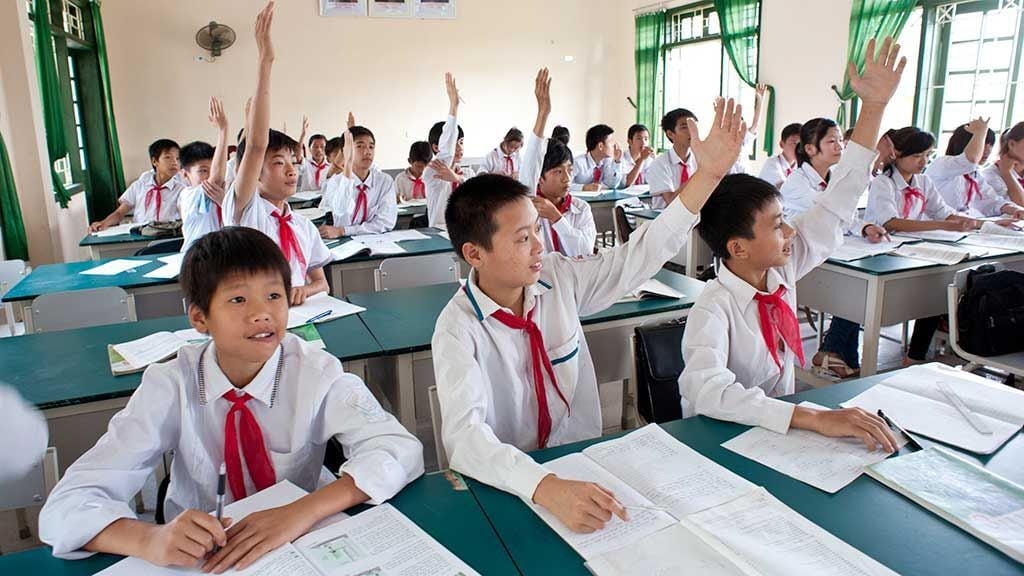
“If you think education is expensive, try ignorance.” - Derek Bok
People here work hard, are driven, and tend not to complain. In fact, I can only recall a few occasions where direct criticism and complaints were openly voiced; it is a blessing to live in such an environment. Such calm behaviour is common during interactions with foreigners. I’m not sure if it applies amongst themselves, but fortunately on the outside it looks that way.
The Vietnamese have an inner strength and lots of resilience. They have been invaded by some of the most powerful civilisations in history, from the Mongols and the Chinese to the French and the Americans. They have been colonised, squashed, their sovereignty has been threatened again and again, and every time they have come out as victors. Yet they are humble and magnanimous about it.
Perhaps this attitude can be attributed to culture. The core of Vietnamese society is family values, an intrinsic part of Vietnamese philosophy. It was in Vietnam that I discovered the true meaning of this. Family are the roots that nourish the tree and its branches, which in time produce fruits in variety and abundance. The fruits become the seeds for the next generation, and with new roots the tree continues to flourish.
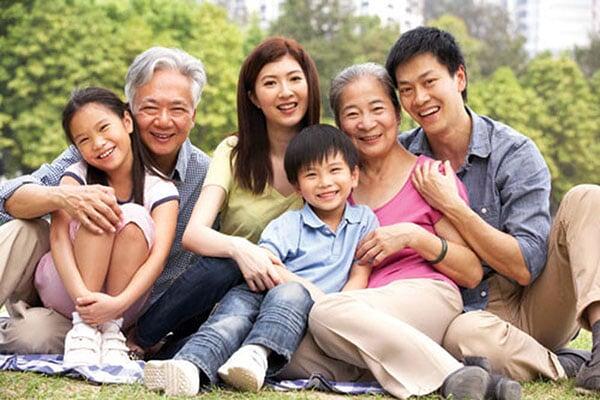
“Family is not an important thing, it’s everything.” - Michael J. Fox
Though all family is respected and none so much as the elders, Vietnam is in fact a young country. Youth below 25 years of age represent 44.48% of the population. This is an asset that few countries have. Some 97.3% of the population is literate and the education system is improving.
Those who have never settled in Ho Chi Minh City may believe that their freedom will be restricted. But for me it is the one place on earth where freedom actually means something. Be as you choose to, act as you choose to, dress as you see fit, and please let others be. It is the essence of freedom in Vietnam.
But with this freedom comes the responsibility to respect others, and respect for elders is an essential part of Vietnamese culture. True respect for elders and for teachers is expected and celebrated. They are held in high esteem and proper manners are taught at a young age. One should not disrespect another if he/she wishes to keep face, especially someone wiser and with more life experience.
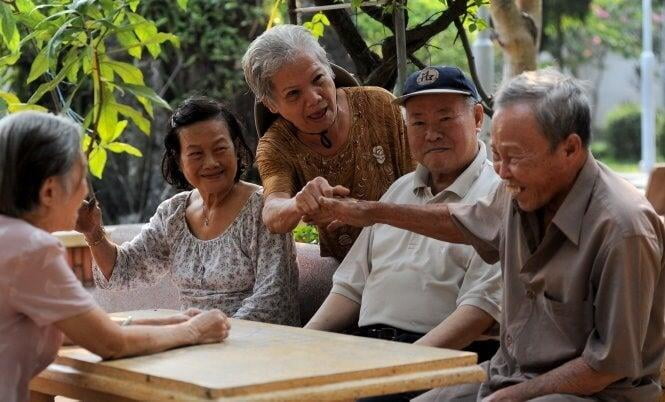
“People who don’t cherish their elderly have forgotten
from whence they came and whither they go.”
Finally, the Vietnamese embrace tolerance. There are 53 ethnic minorities and different religions abound, all coexisting without conflict. Religious beliefs are often incorporated with one another. It is not uncommon to see a Christian praying at the temple or vice versa.
